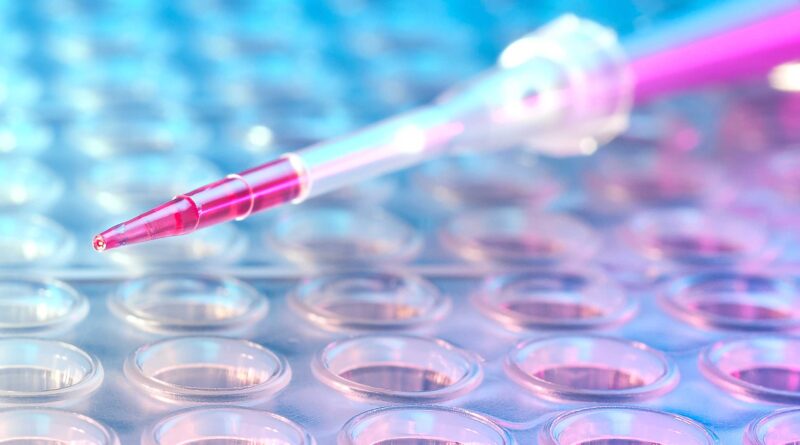Researchers have found no genetic differences associated with miscarriage
Advanced understanding of the genes responsible for egg abnormalities in humans
In what could be a major advance in understanding the genetic causes of infertility, scientists led by researchers. from Rutgers University-New Brunswick have identified a gene that is directly linked to early miscarriage in women.
The discovery of this type is associated with rapid reproductive aging, a condition that produces a high number of abnormal eggs that can lead to miscarriage. The findings could alert women to the possibility of early infertility and guide them on their way to family planning and fertility treatment, the scientists said.
“Knowledge of the exact genetic condition that causes ovulation abnormalities in women has long been limited,” it said. Karen Schindlerstudy author and professor in the Department of Genetics at Rutgers School of Arts and Sciences. “This work represents a major step forward in our understanding of genetics and provides the most profound confirmation of a candidate for causation.”
To report theirs results in the newspaper Bulletin of the National Academy of Sciencesscientists identified a difference – differing from the unchanged form by only one amino acid – in the kinesin protein fragment. KIF18A. They found that this altered protein accelerates the aging of the eggs in young women in different species, ultimately reducing their fertility.
A woman’s reproductive success, Schindler said, depends largely on producing good quality eggs. Miscarriages are often caused by women producing eggs with aneuploidy, an abnormal number of chromosomes. The chance of producing eggs with aneuploidy increases with age.
Because the eggs of women age differently than usual, they produce more eggs with aneuploidy. This condition is known as “high embryonic aneuploidy.”
Rutgers Department of Genetics Professor Jinchuan Xing, an author on this study, led a team that began by conducting a comprehensive genetic analysis of women with high embryonic aneuploidy. To do so, team members accessed the data stored in the biobank at in vitro a fertility clinic and looking for ways to sequence maternal DNA collected from patients.
Studies have shown that most women with abnormal ovaries had a mutation in the gene for the kinesin protein. KIF18A. Subsequent studies in mice designed to insert the gene showed that the mice produced abnormal eggs before the normal age.
“From this, we can say that this is more than a relationship; it’s a causal relationship,” said Leelabati Biswas, the study’s co-first author and an associate student at the university’s MD-Ph.D. program in the Department of Genetics and Rutgers Robert Wood Johnson Medical School. “The results gave us strong validation of our computational data.”
Biswas and Schindler believe that study conclusions lead researchers to further discoveries. They can imagine finding more genes associated with aneuploidy, providing more connections, and ultimately, deepening knowledge.
“This is the first step,” Biswas said. “We are moving towards a place where we can give women more access to the right medicine, to better inform them, using targeted genetic information for fertility treatment.”
A woman who wants to have children and knows she has this gene will develop premature age-related infertility can choose to have children early or freeze her eggs early. young, Schindler said. “If you know your genetic risk, you’ll know that your results will be better if you start at age 28, rather than 32. That can make a big difference in your success.”
#Researchers #genetic #differences #miscarriage
